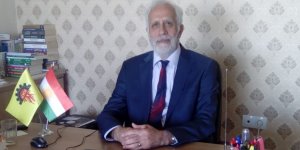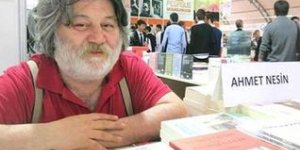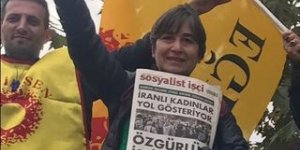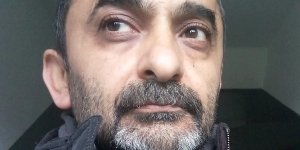EARTHQUAKE and STATE (News File) Ohannes Kılıçdağı Wrote
While we had not yet fully recovered from the damages caused by the Covid pandemic, we faced a huge earthquake disaster, both in terms of the destruction it caused and its geographical spread. In the face of this disaster, the organisation called the state, both elected and appointed, failed dramatically and catastrophically for the public. This failure can be analysed under two headings: before and after the earthquake. Let's start with the aftermath. The destruction is huge and widespread. The inadequacy of the state's ready forces in the face of this can be understood to some extent. At that time, you can leave your arrogance aside, accept that you are inadequate, open the way for everyone and every segment that can help, and facilitate their work, internally and externally. But the problem is that the statesmen neither did what should have been done after the earthquake, nor did they allow it to be done. For example, they obstructed the aid activities of municipalities that were not their own. On top of that, they pursued a lie by saying, "We did not leave any of our citizens in the disaster zone hungry or in deficit", making fun of people's sufferings. They do not want anyone other than themselves to come forward, and they are incapable of doing it themselves. This cannot be considered independent of the regime established in Turkey and its understanding of governance. The state in Turkey has always been authoritarian, but the Erdoğan regime has transformed it into totalitarianism, meaning that the state, which is a state integrated with a single party, has left no area that it does not cover, and they cannot tolerate anyone other than themselves and the bureaucrats who have become party members to be visible in the public sphere, especially to collect credits. This also played a big role in the fiasco after the earthquake. As for the reasons for the failure before the earthquake, of course, many things can be said under many headings. The fact that zoning permits were not granted properly, the words of earthquake experts were not listened to, earthquake gathering areas were opened for development... However, I would like to draw attention to a more general factor related not only to the state itself, but also to the widespread understanding in the society, which is related to our perception of a 'big and powerful state' rather than technical and specific issues related to earthquakes. If we do not want to be buried under disasters such as earthquakes, we need to change our definition and perception of 'big state'. In Turkey, a big and powerful state is considered to be the one that has many cannons and rifles, that can invade other countries, and that can mount its police on anyone who opens its mouth. However, a great state is a state that is able to sustain its citizens and provide them with a wide range of welfare opportunities while they live, and that is able to cope with such disasters when faced with them, and the fight against disaster begins before it happens, and that part is even more important. To do this successfully depends on what and how much resources you allocate to what in 'normal times', that is, in the absence of a catastrophe, in your routine organisation, and this is a political choice. Do not forget that every penny spent on artillery, weapons, occupation and security policies is cut from education, health or earthquake preparedness. "Sir, is doing one an obstacle to doing the other?" If resources are scarce, which they are, yes. When I say resources, do not only think of money, but also labour, trained manpower, time/work, education, etc. are all included in these resources. Where and to which areas you direct all these resources determines whether you will become a great state or not. The answer to this question determines whether you will be a country that boasts of its tanks and armoury, or a country that boasts of building buildings that do not collapse in earthquakes and not making its people victims of disasters. Is there any country in the world that does both of these at the same time? There are a few in proportion, but their resources are much larger than Turkey's. If you cannot do both, which one you prefer determines your fate. However, in my opinion, not only in Turkey, but anywhere in the world, the resources spent on weapons technologies, armies, etc. are a betrayal of humanity. I know that for many people this is a naive statement to the point of stupidity. But the first step in building a better, happier, more prosperous world for people is to stop seeing this statement as naive.


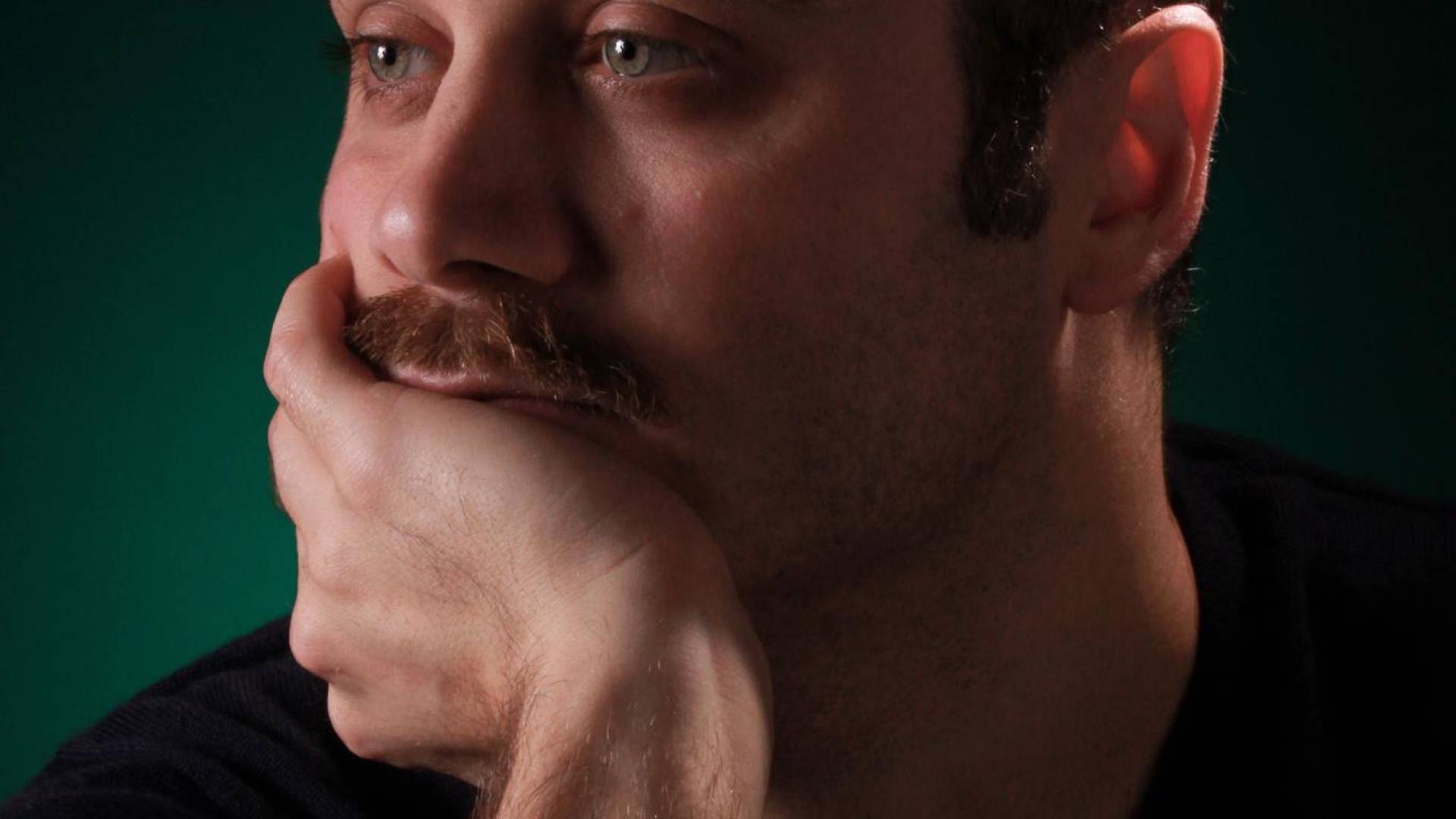
 Türkçe
Türkçe 

